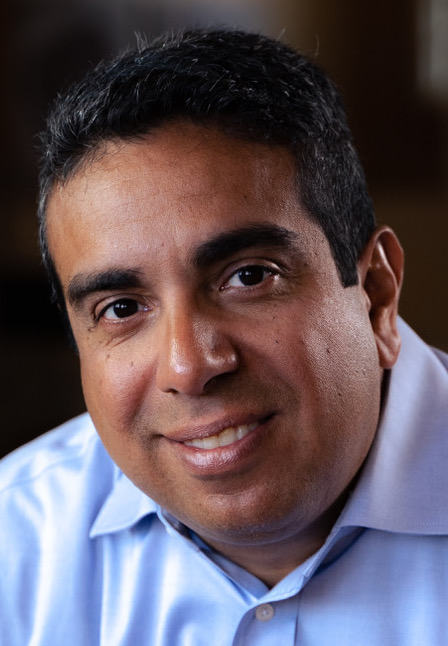Municipalities continue to advance tourism efforts through public-private partnerships in the fast-growing sports arena. Need bench strength? Practice these proven plays in the category.
Sports complexes continue to exceed expectations as the new hot economic driver for municipalities. By 2026, the global youth sports market is estimated to jump to $77.6 billion, according to Wintergreen Research. As a simple comparison, the NFL reported an estimated $14.5 billion in revenue in 2019 alone, according to Forbes, while the youth sports industry collected $19.2 billion in the U.S. and $28.7 billion worldwide.
Youth and sports assets are drawing visitors to town and not just in the form of leisure travel. Rather, these tournaments and major events bring teams and entire family units and accompanying experiences for every member and demographic. The pace and pipeline are robust and institutional investment in the space has caught fire. Governments and municipalities are uniquely positioned to fill the gap and support scale from a series of fields or courts to a comprehensive campus, now seen locally and nationally as the new convention center. It’s time now, more than ever before, to capitalize on public-private partnerships and investments.
As more municipalities get into the game, differentiation is a necessity to compete in the space. As a result, sports tourism development and sales are focused on creating destinations to not only attract visitors but also increase their length of stays. According to a new report commissioned by Sports Events & Tourism Association, sports-related travel had a direct economic impact of $39.7 billion in 2021, $8.4 billion of which was lodging and $7.5 billion of which was food and beverage. From hotels to restaurants and retail, building up a destination, vacation-oriented experience is a critical strategy.
This strategy is critical from a financing standpoint as well: our Liberty Park project in Memphis conservatively projects generating more than $135 million in new sales tax revenue over 30 years — more than enough to pay off the $70 million in Tourism Development Zone bonds that financed its construction — due to purposefully planned, complementary mixed-use development components. Decades ago, Disney World awoke everyone to the business opportunity at hand to emphasize an ancillary experience beyond the two-hour tournament round. How will your campus keep participants onsite for the entirety of the tournament?
Up to 90 percent of the youth sports tournament landscape comprise a six-hour driving radius. Considering its position as a drive business, sports tourism municipalities can maximize their role as a host to adjacent entertainment districts, attractions and neighborhoods for visiting families to explore. While keeping competing teams and families onsite is a primary objective, introducing them to experiences within a short drive will maximize their time as well as the host destinations’ dollars.
The drive for market share of this valuable category is competitive. Not only compete but win, one needs a strong, experienced team with solid bench strength. From feasibility evaluations to conceptual planning, from pre-development design to construction, from FFE procurement to operational start-up, expertise and experience are mandatory. Identifying revenue opportunities, developing operational efficiencies and improving the spectator and player experience will add considerable long-term value to your sports and entertainment complex. The ability to effectively and efficiently do this requires insights that only come from experience. It is truly a team game that is won with a strong team.
 As Vice President of VIESTE, Steve Goris is responsible for business development, planning, transaction structuring and senior project management, especially with regards to sports, mixed-use and hospitality assets. Goris was co-founder and chief operating officer of Spooky Nook Sports in Lancaster, Pennsylvania, and served as the Vice President of Planning and Development for Sports Facility Management. Before joining VIESTE in March 2020, Goris led the development and operational start-up of Drive Nation Sports, a youth and amateur sports complex in Dallas, Texas.
As Vice President of VIESTE, Steve Goris is responsible for business development, planning, transaction structuring and senior project management, especially with regards to sports, mixed-use and hospitality assets. Goris was co-founder and chief operating officer of Spooky Nook Sports in Lancaster, Pennsylvania, and served as the Vice President of Planning and Development for Sports Facility Management. Before joining VIESTE in March 2020, Goris led the development and operational start-up of Drive Nation Sports, a youth and amateur sports complex in Dallas, Texas.











 Copyright © 2025 by Northstar Travel Media LLC. All Rights Reserved. 301 Route 17 N, Suite 1150, Rutherford, NJ 07070 USA | Telephone: (201) 902-2000
Copyright © 2025 by Northstar Travel Media LLC. All Rights Reserved. 301 Route 17 N, Suite 1150, Rutherford, NJ 07070 USA | Telephone: (201) 902-2000